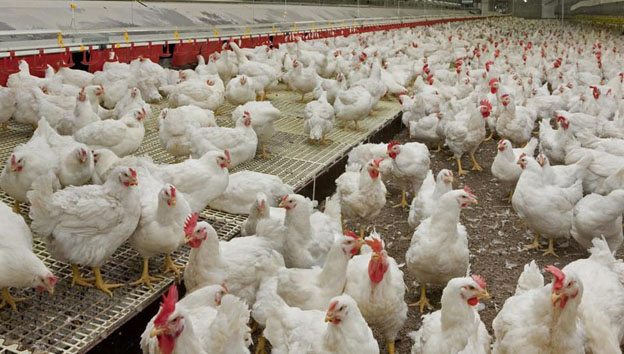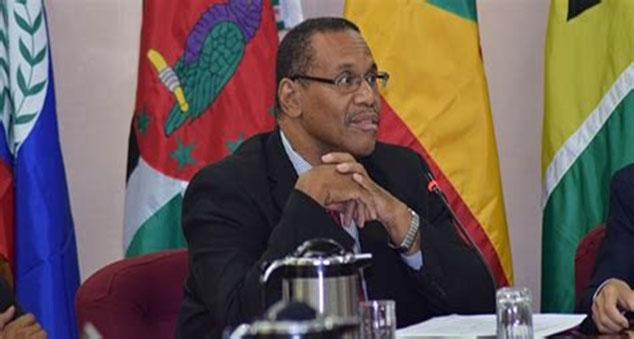With regional food security now firmly anchored high on the list of the region’s priorities, the seventh International Caribbean Poultry Association (CPA) Technical Symposium held a particular significance when set against the backdrop of the ongoing food security discourse ensuing in the region. The symposium was delivered in Port-of-Spain from Tuesday May 14 to Thursday May 16, with the deliberations focusing on the reminder issued by Joseph Cox, CARICOM’s Assistant Secretary-General responsible for Economic Integration, Innovation and Development, regarding the critical importance of agriculture in the future Caribbean.
Reportage in the Tuesday May 14 of the Jamaica Observer quoted Cox as saying that the deliberations on the poultry industry in Port-of-Spain were taking place against the backdrop of the region’s wider current preoccupation with shoring up its food security bona fides. Contextually, he noted that the poultry sector was being compelled to confront the various challenges facing the wider regional agricultural sector, not least, climate change, land degradation, water scarcity and market volatility, all of which he reportedly said, threatened the viability of the sector. The senior CARICOM official also noted that the regional poultry sector had also been a victim of broader geopolitical challenges that had led to what the Jamaica Observer report described as “pervasive logistical challenges” and “knock-on supply chain bottlenecks and delays.”

Cox envisages that if the region’s poultry sector is to be properly equipped to play a significant role in CARICOM’s vision regarding the reduction of the region’s food import bill by 25 per cent by 2025, much will depend on the sector’s upgrading to meet the responsibilities associated with that role. Cox’s reported wide-ranging presentation on the sector also drew attention to the fact that poultry currently ranks as the most costly imported meat product for the region, with imports averaging around US$149 million annually. Parts of the region have also been affected by diseases that have caused the veterinary sectors across the region to have to develop suitable responses to that challenge.
In his address, Cox also alluded to the need for the regional poultry industry to focus on the promotion of increased production and productivity, utilizing ‘tools’ that include investment, digitization, and adaptation of new technologies. “These investments must encourage interventions which seek to amalgamate the efforts of the member states and the private sector,” pointing to what he said were “existing and ongoing examples such as the corn and soya production in Belize and Guyana, and the offering of land for agricultural development in Suriname supported by an environment which will occasion the movement of agricultural workers throughout the region. “








